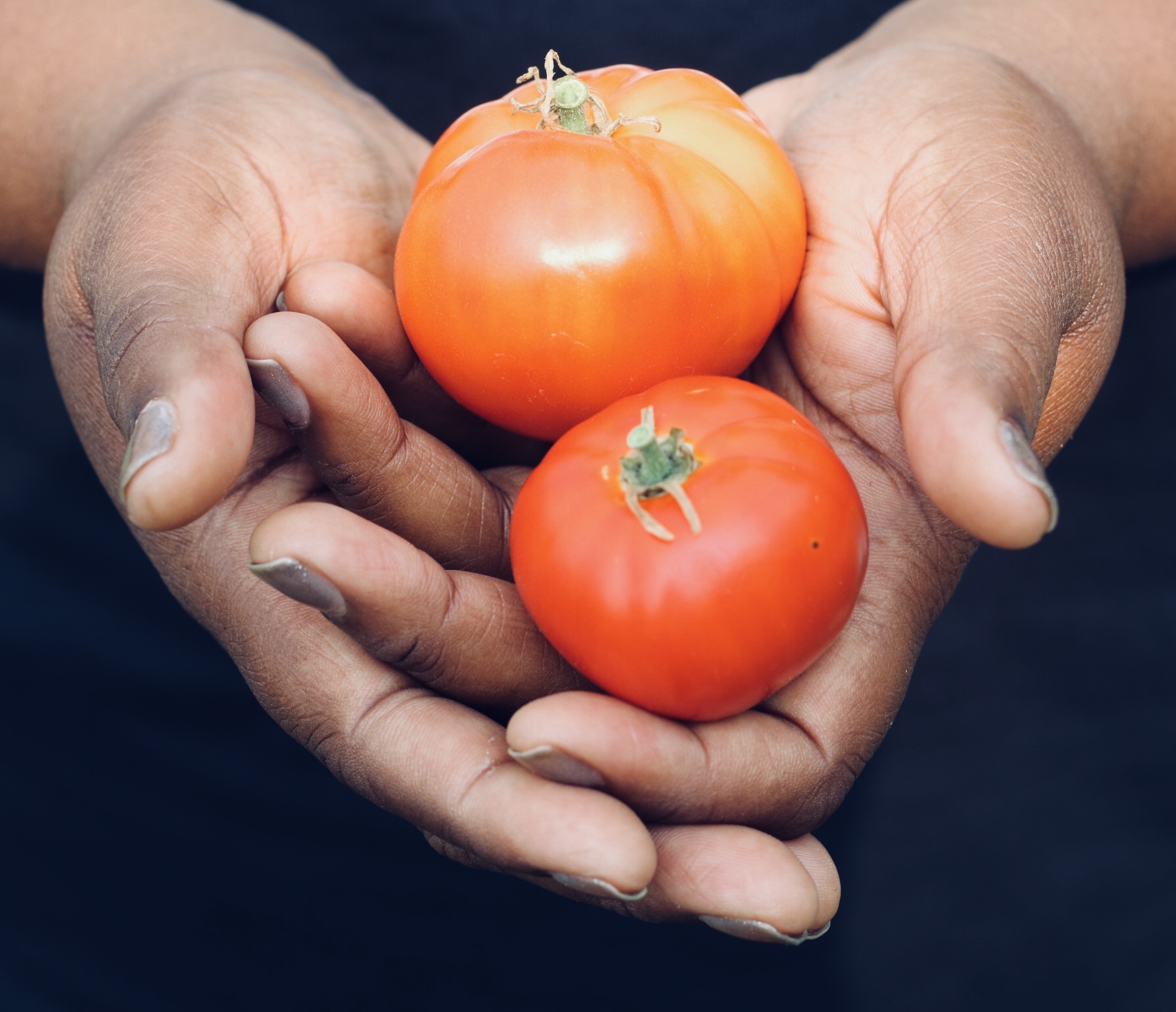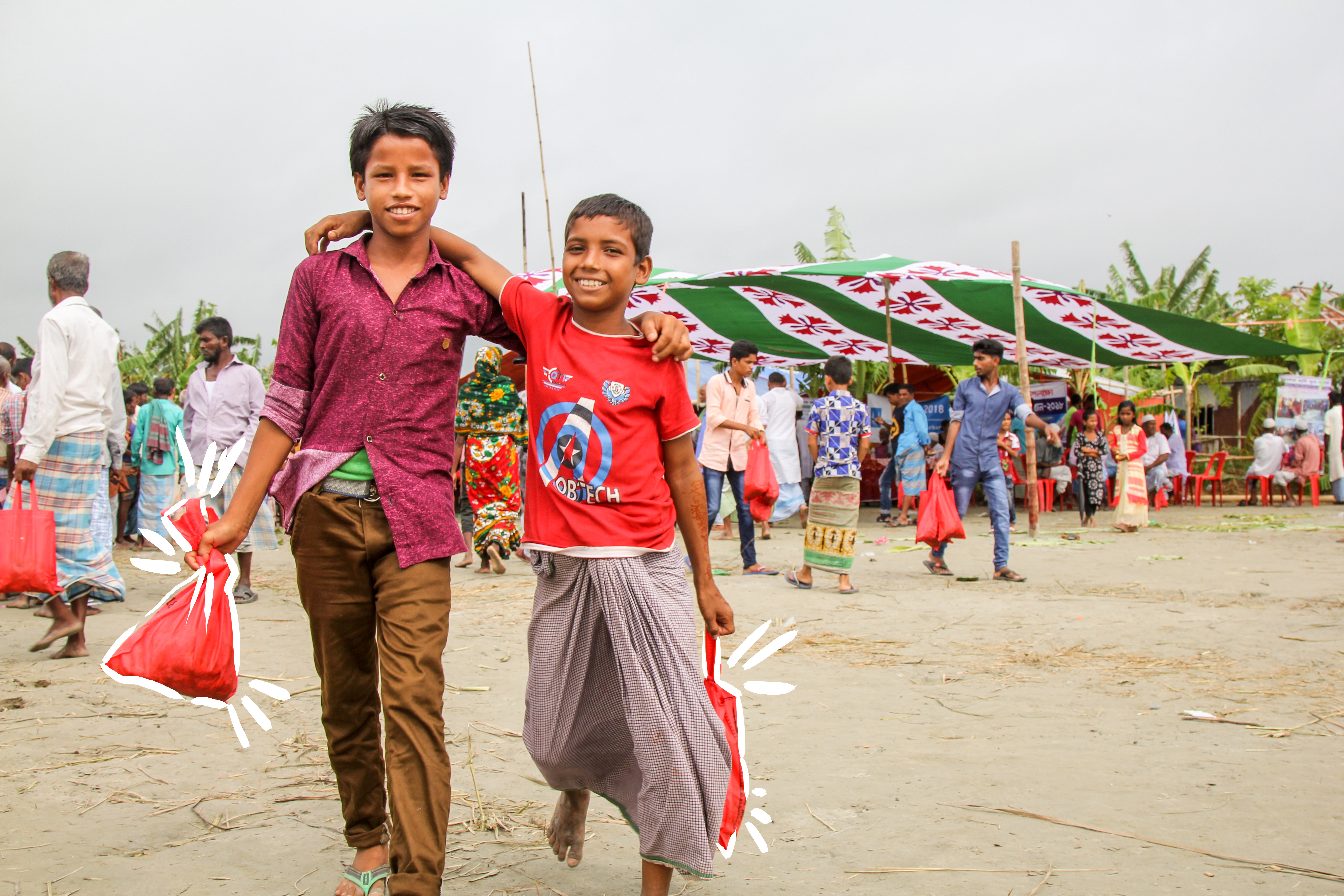Islamic Relief USA launches medical supplies project in Kyrgyzstan
When I learned that Islamic Relief USA undertook a project in Kyrgyzstan of all places, I, like some of my colleagues, could not help but respond, “Kyrgyzstan?”
Following that initial reaction, though, I couldn’t help but recall a song from one of those musicals that goes something like, “Tell Me More, Tell Me More.” As a journalist by training, I like to believe curiosity has become second nature.
Fortunately, I received more information about it. On Wednesday, July 25, my esteemed colleague Noorullah of the International Programs Department gave an informative presentation about the medical disposables and instruments project that IRUSA did. The presentation was part of the Public Affairs Department’s Monthly Education Series, commonly known as the “Brown Bag.”
Kyrgyzstan is an interesting place. A former Soviet republic/satellite, it gained its independence in 1991, following the break-up of the U.S.S.R. It has a population of slightly more than 6 million people, with about 75 percent of the population being Muslim, and has a democratic form of government, which is unique in that some of its neighbors still have autocratic or authoritarian regimes.
While the population of Kyrgyzstan is small, its prevalence of cancer is anything but. For a sparsely populated country, the cancer rates are sky-high and disproportionately affect infants. It’s not clear what the culprits are.
But what was made clear during the presentation is that help is needed. While the capital city, Bishkek, has two hospitals–a maternity hospital and another for cancer patients–they have their problems, with one of them being a shortage of beds. An even bigger problem is that the government lacks sufficient resources in expanding care to the remote, rural areas of the country.
As part of a recent project, Islamic Relief USA, along with two other entities – Project C.U.R.E. and Globus – helped send $2 million worth of medical supplies to Kyrgyzstan. Among the items sent were incubators, and various medical disposables like sutures, cannulas, bandages, and gauze pads.
IRUSA did its part in launching a project that helps alleviate the pain and suffering of the less fortunate. However, the project needs to get past some additional hurdles to remain intact. They include dealing with an antiquated bureaucracy, shipment delays due to difficult routes (especially the one through China), and delays stemming from customs inspections.
Logistical problems aside, the project could still use an infusion of funds. It’s an example of a noble project that gets little attention, largely because it’s in a country that doesn’t receive much attention. Regardless of whether that’s by design or not, the IRUSA community of supporters can change that, and continue making a difference in a remote part of the world.
What a relief that would be!







